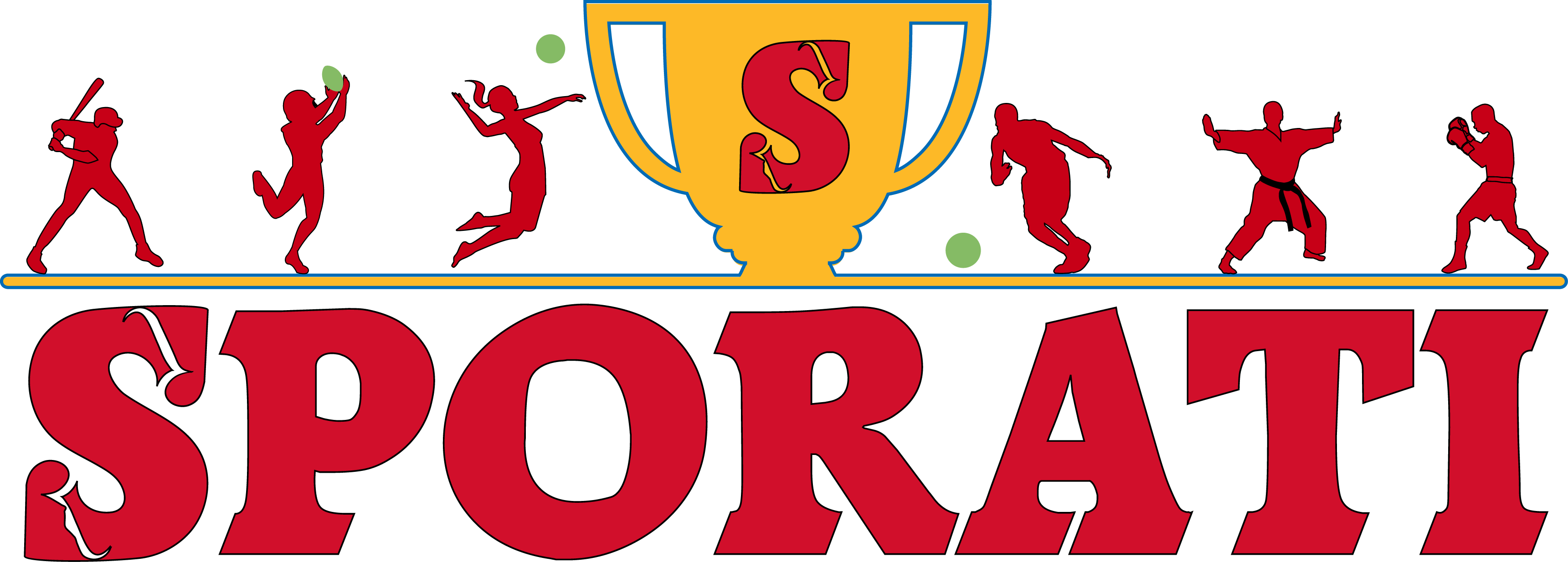Gus Kenworthy Returns from Retirement to Target Milano Cortina 2026 Olympics
Gus Kenworthy Returns 2026
If you thought Gus Kenworthy had hung up his freeski boots for good, think again. The Olympic silver medallist, freeskiing pioneer, and cultural trailblazer has officially announced his return to competition. And he’s targeting nothing less than the Milano Cortina 2026 Winter Olympics, once again flying the flag for Team GB.
One More Spin in the Olympic Spotlight
Kenworthy’s career has never followed the conventional slope. After claiming silver at the Sochi 2014 Olympics for the United States and later representing Great Britain at Beijing 2022, the 32-year-old was widely believed to have taken his final run on the Olympic stage. But just like a last-minute cork 1260, Kenworthy has flipped the narrative in spectacular fashion.
“I’m stoked to be back,” he said with a smile that seemed to bring the energy of the halfpipe with it. “I didn’t think this would happen, but the fire’s still there. I’ve missed the competitive edge, the adrenalineand, if I’m being honest, the community most of all.”
A Veteran Brings Experienceand Star Power
There’s no doubt that Kenworthy’s return to action adds not just depth, but undeniable sparkle to Team GB’s freestyle squad. Known as much for his media presence and LGBTQ+ advocacy off the snow as for his amplitude and switch tricks on it, the Brit-American skier brings gravitas, glamour, and guts to the team.
His experience could prove invaluable for a young and promising GB crew, many of whom grew up watching Gus tear up X Games podiums and Olympic qualifiers. But make no mistakeKenworthy isn’t returning just for mentorship or media appearances. He’s got his eyes on the prize.
Full Circle: The Drive Behind the Comeback
“Milano Cortina just feels full-circle,” Kenworthy shared. “It’s Europe. It’s going to be electric. I’ve got some unfinished business in the pipe.”
Indeed, Kenworthywhose notable medal haul includes six X Games podiums and that unforgettable Sochi silverhas been a constant in the ever-evolving landscape of freestyle skiing. While many retire quietly, he’s charging back into the icy fray with characteristic flair.
The veteran skier will rejoin GREAT, the UK’s Olympic governing body, and begin preparation later this year. That means a demanding regimen of altitude camps, trick tune-ups, andyesa likely return to the injury-plagued battleground of World Cup qualifiers. But for someone like Gus, it’s all part of the ride.
Social Champion, Snow Warrior
Kenworthy has always used his platform to highlight causes bigger than sports. From his groundbreaking decision to come out publicly in 2015making him one of the first openly gay men in action sportsto his advocacy for mental health and animal rights, he has redefined what it means to be a modern athlete.
That rich tapestry of experience underscores what this return means: not just another medal run, but another opportunity to inspire, challenge, and entertain.
Team GB Just Got Interesting
Whether you’re a seasoned fan of winter sports or simply scroll past Olympic highlights come February, there’s something delightful about a comeback story. And with Kenworthy back in the mix, Team GB’s freeski presence at Milano Cortina promises to be bold, stylish, andyesunpredictable.
Get the popcorn. Wax the skis. The halfpipe will never be the same again.
“Gus brings a wealth of experience and personality to the team, and we’re thrilled to have him back. His presence is a boost for the whole squad,” said Dan Hunt, Performance Director for British Ski and Snowboard (GB Snowsport).
The Countdown Begins
2026 may feel a long way off, but in the world of elite sport, the clock ticks faster than a GS gate. Expect to see Kenworthy back in competition form in the coming months, with appearances at international freeski events and training camps paving the path to Italy.
So, one last timeor perhaps notlet the countdown to the Kings of Cortina begin. And leading the charge, undoubtedly in style, is none other than Gus Kenworthy.


